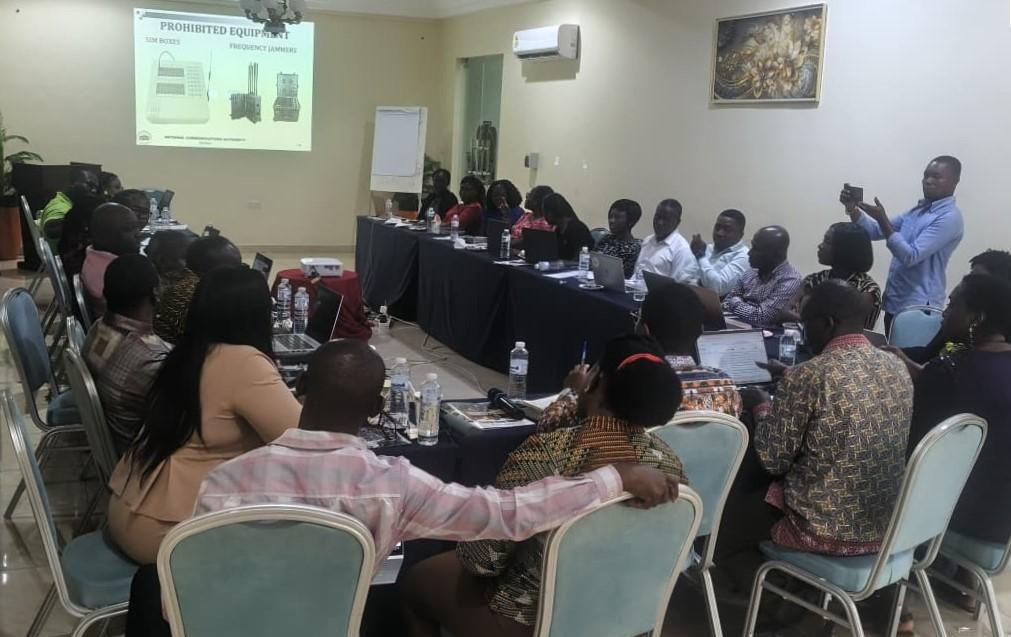Africa-Press – Ghana. Ghana has begun a week-long technical session to strengthen sanitary and phytosanitary (SPS) and technical regulation frameworks, aimed at reducing export rejections and enhancing competitiveness under the African Continental Free Trade Area AFCFTA and global trade rules.
The Ministry of Trade, Agribusiness and Industry (MoTAI), in partnership with Trade Mark Africa (TMA), is convening the multi-agency session to tackle rising SPS and technical barriers to trade (TBT) that affect agricultural exports.
The seven-day deliberations are expected to produce two national frameworks: a Sanitary and Phytosanitary Management and Response Strategy and a Technical Regulation Enforcement Strategy, aligned with Ghana’s obligations under WTO SPS/TBT agreements and AfCFTA.
Dr. Andrew Edewa, Director of Standards and SPS Measures at TMA, told the media that agriculture contributes 20 percent to Ghana’s GDP and employs nearly a third of the population, but exports such as cocoa, cereals, mango, pineapple, vegetables, and fish continue to face compliance challenges abroad.
He noted that in 2023 the European Union recorded over 50 food safety alerts from Sub-Saharan Africa, including Ghana, with each rejected container costing exporters more than USD 10,000 and damaging the country’s reputation.
“The sessions are not just about avoiding rejections but about building trust and competitiveness,” Dr. Edewa said, stressing that compliance with SPS and TBT measures was key to prosperity under AfCFTA and beyond.
On day two, regulators from MoTAI, the Ghana Standards Authority, Food and Drugs Authority, Veterinary Services Directorate, and Plant Protection and Regulatory Services reviewed outdated and overlapping SPS measures, highlighting the need for harmonisation and better institutional coordination.
TMA also presented a technical paper linking Ghana’s SPS reforms to AfCFTA’s regulatory annexes, drawing lessons from regional strategies and proposing a roadmap to cut export rejections. Discussions further examined food safety risks such as mineral oil hydrocarbons, Ghana’s WTO commitments, and ways to strengthen national alert systems, enquiry points, and Codex sub-committees.
Breakout sessions focused on drafting the SPS Management and Response Strategy—defining objectives, assigning responsibilities, engaging the private sector, and establishing monitoring and evaluation mechanisms.
Regulators also took stock of outdated and active regulations, explored enforcement structures for technical regulations, and planned a public-private dialogue involving exporters, importers, freight forwarders, and SMEs.
According to TMA, the new strategies will strengthen Ghana’s quality infrastructure, enhance compliance, reduce costly rejections, and improve the country’s global trade standing.
Dr. Edewa emphasised that the outcome would mean safer food, stronger institutions, and more competitive exports, urging the media to raise public awareness since “technical compliance must be matched by national understanding and support.”
For More News And Analysis About Ghana Follow Africa-Press







